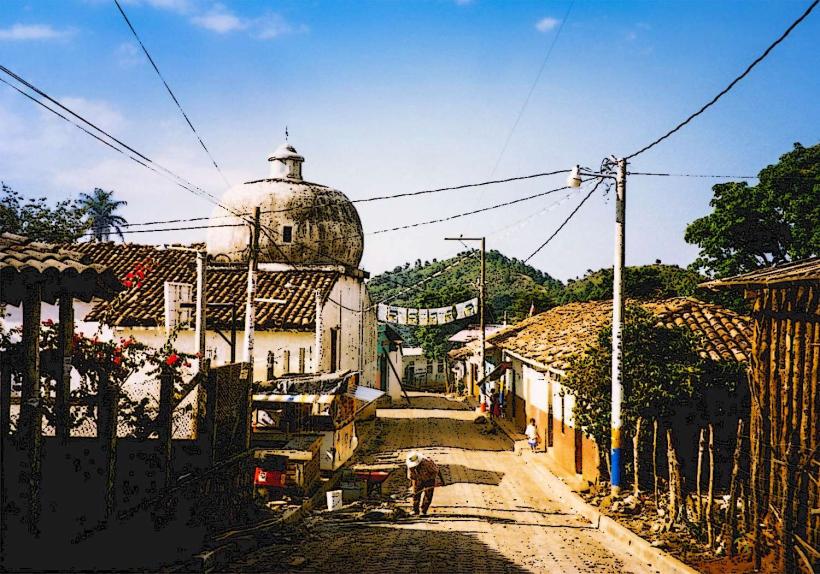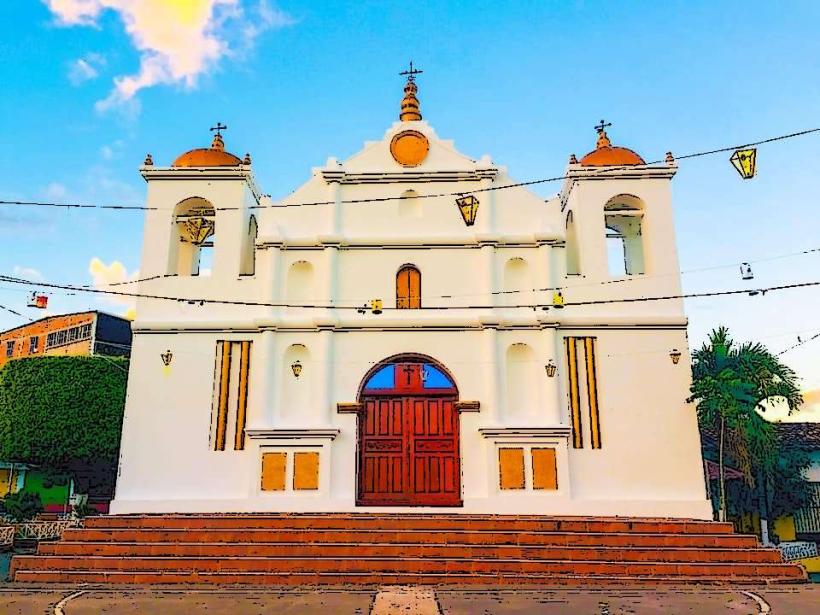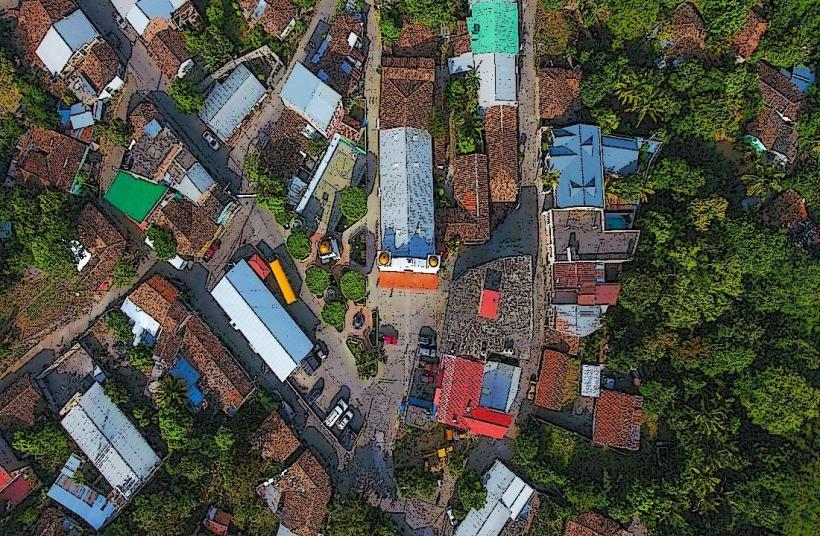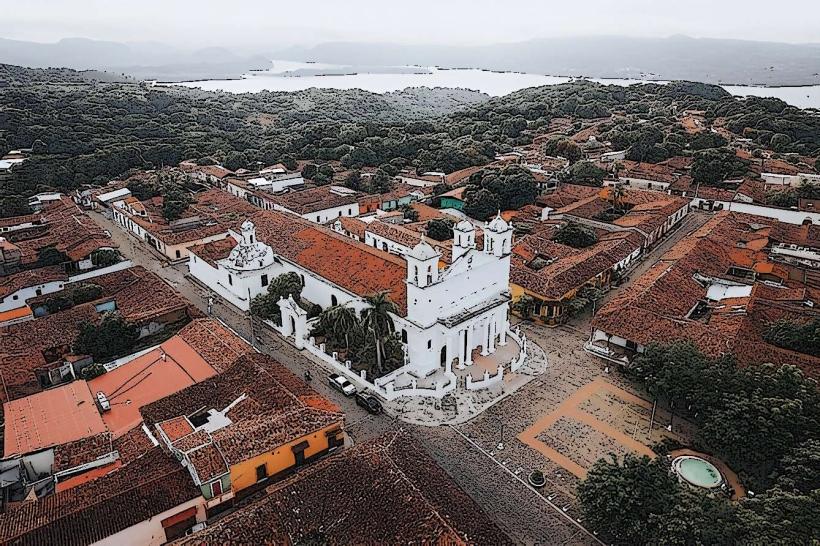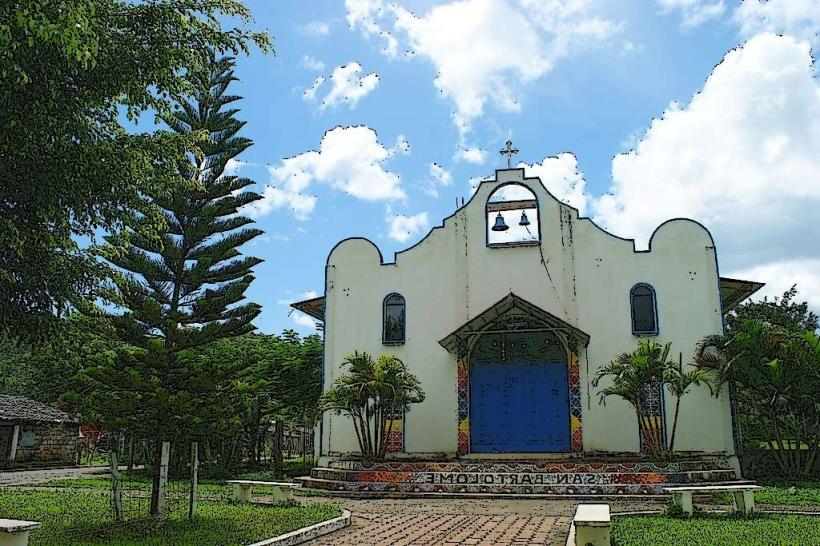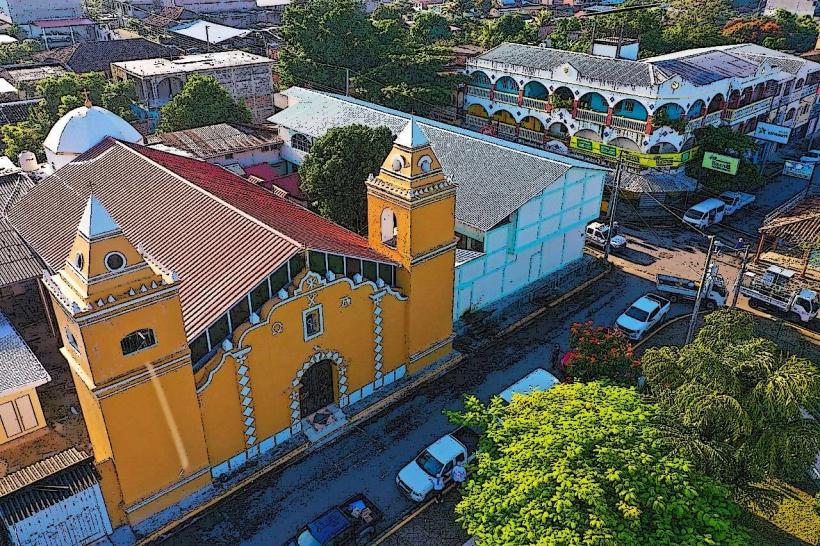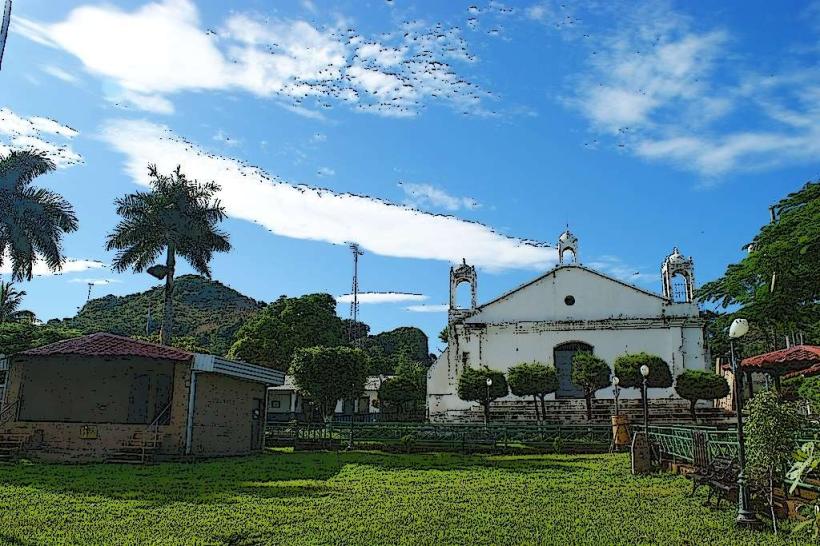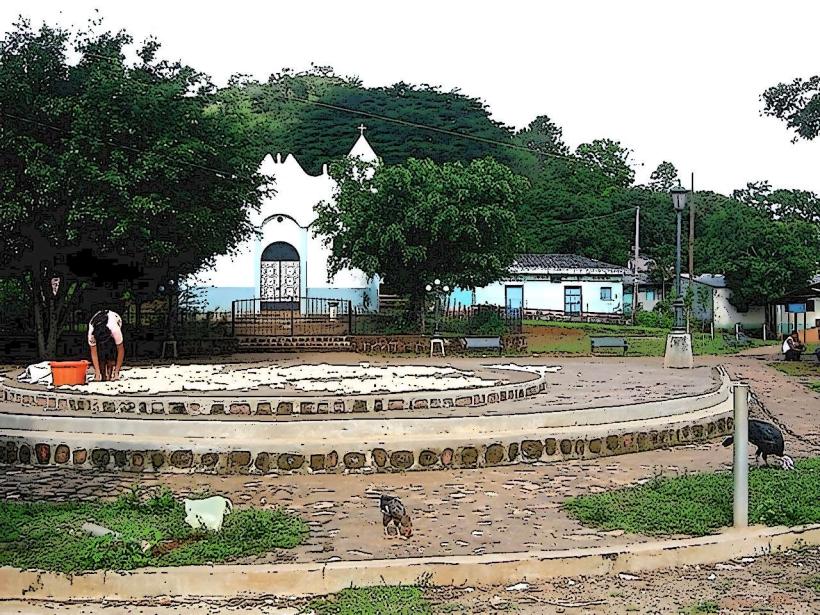Information
City: MorazanCountry: El Salvador
Continent: North America
Morazan, El Salvador, North America
Morazán is a department in northeastern El Salvador, traditionally recognized as the "heart of the revolution." In 2026, it serves as the country's premier destination for historical memory and eco-tourism, characterized by its rugged mountainous terrain, pine forests, and cool highland climate.
Historical Timeline
Morazán's history is defined by its role as the primary stronghold of the FMLN guerrilla forces during the Salvadoran Civil War (1980–1992). It was the site of the most significant combat operations and the tragic El Mozote massacre in 1981. Post-war, the department has transitioned into a zone of reconciliation, where former combatants now serve as guides for the "Peace Route" (Ruta de la Paz), a circuit dedicated to preserving the memory of the conflict.
Demographics & Population
The population is approximately 210,000. The departmental seat is San Francisco Gotera. The region has a significant indigenous heritage, particularly in Cacaopera, where descendants of the Kakawira people maintain distinct linguistic and cultural traditions. The median age is roughly 26 years, consistent with the national youth trend.
Urban Layout & Key Towns
The department is divided into two distinct geographical zones: the hot southern lowlands (San Francisco Gotera) and the cool northern highlands (The "Peace Route").
San Francisco Gotera: The administrative and commercial hub, located in a high-temperature valley.
Perquín: The "Capital of the Revolution," a highland town that serves as the base for most international tourism.
Cacaopera: A town known for its unique indigenous history and traditional dances.
Arambala: A small municipality central to the historical circuit, surrounded by pine forests and rivers.
Top Landmarks & Sites
Museum of the Revolution (Perquín): Features artifacts, weaponry, and photographs from the civil war, including the remains of a shot-down government helicopter.
El Mozote Memorial: A somber site dedicated to the victims of the 1981 massacre; it includes the Garden of Innocents and a commemorative mural.
Río Sapo: One of the cleanest rivers in Central America, famous for its turquoise, pollution-free water and biodiversity.
Bailadero del Diablo: A stunning rock formation and viewpoint offering panoramic views of the northern mountain range.
Holy Spirit Grotto (Corinto): A national monument containing prehistoric cave paintings (petroglyphs) estimated to be over 1,500 years old.
Transportation Network
Kilometer 18: The primary transit junction where travelers switch buses between San Miguel and the northern towns of Morazán.
Public Transit: Route 332 connects San Francisco Gotera to Perquín. Within the highlands, 4x4 pickups are often the only way to reach remote natural sites.
Road Quality: Main roads to Perquín are paved, but many secondary routes to waterfalls and rivers require high-clearance vehicles.
Safety & Security (2026 Warning)
While the national security situation has improved, Morazán carries a specific historical risk.
Unexploded Ordnance (UXO): Morazán remains a high-risk area for landmines and unexploded remnants of war in rural, off-path areas. Do not hike without a certified local guide and stay strictly on well-traveled paths.
General Safety: Violent crime is low in the highland tourist towns, but night travel on rural roads is discouraged due to poor lighting and road conditions.
Digital & Financial Infrastructure
Internet: Average speeds of 30–50 Mbps in Perquín. Connectivity can be intermittent in deep valleys.
Finances: US Dollars are the primary currency; Bitcoin acceptance is growing in Perquín and El Mozote. ATMs are scarce; ensure you withdraw sufficient cash in San Francisco Gotera or San Miguel.
Cards: Credit cards are rarely accepted in small mountain lodges or local eateries; a 7% surcharge is common where they are accepted.
Climate & Air Quality
Highlands (Perquín): Cool and pleasant, ranging from 15°C to 25°C.
Lowlands (Gotera): Significantly hotter, often exceeding 35°C.
Air Quality: Exceptional in the northern highlands due to the dense pine forests and lack of heavy industry.
Local Cost Index (USD)
1 Local Meal (Plato Típico): $3.50 – $5.00
Guided Historical Tour: $15.00 – $25.00 per person
Camping Fee: $2.00 – $5.00
Nearby Day Trips
Llano del Muerto: A scenic pine-covered plateau with waterfalls and camping sites.
Cascada El Chorrerón: A 30-meter waterfall located a short hike from the road near Arambala.
Radio Venceremos Site: The original hidden broadcast location of the underground rebel radio station.
Facts & Legends
A verified historical oddity: Perquín was a "liberated territory" for much of the war, where the FMLN issued its own identification documents and governed the town independently of the state. A local legend involves the "Valley of the Dead" (Llano del Muerto); despite its name, it is considered a place of peace, but locals claim that on foggy nights, the sound of the old rebel radio broadcast can still be heard echoing through the pine trees.

